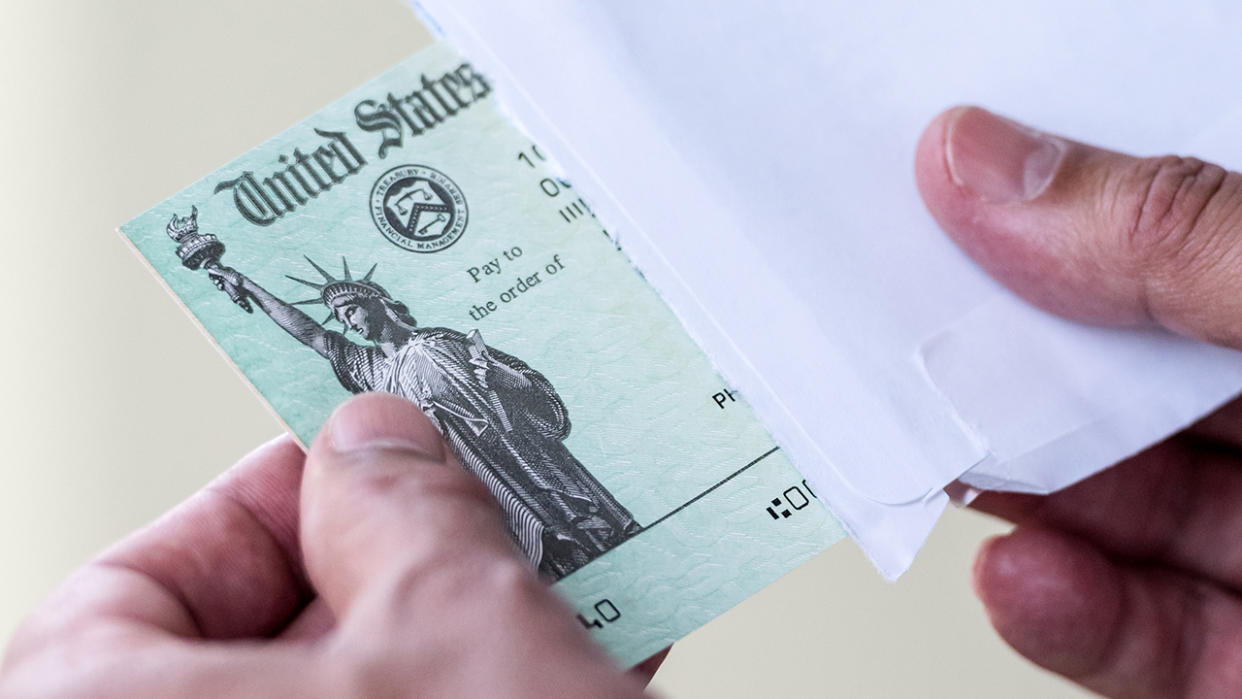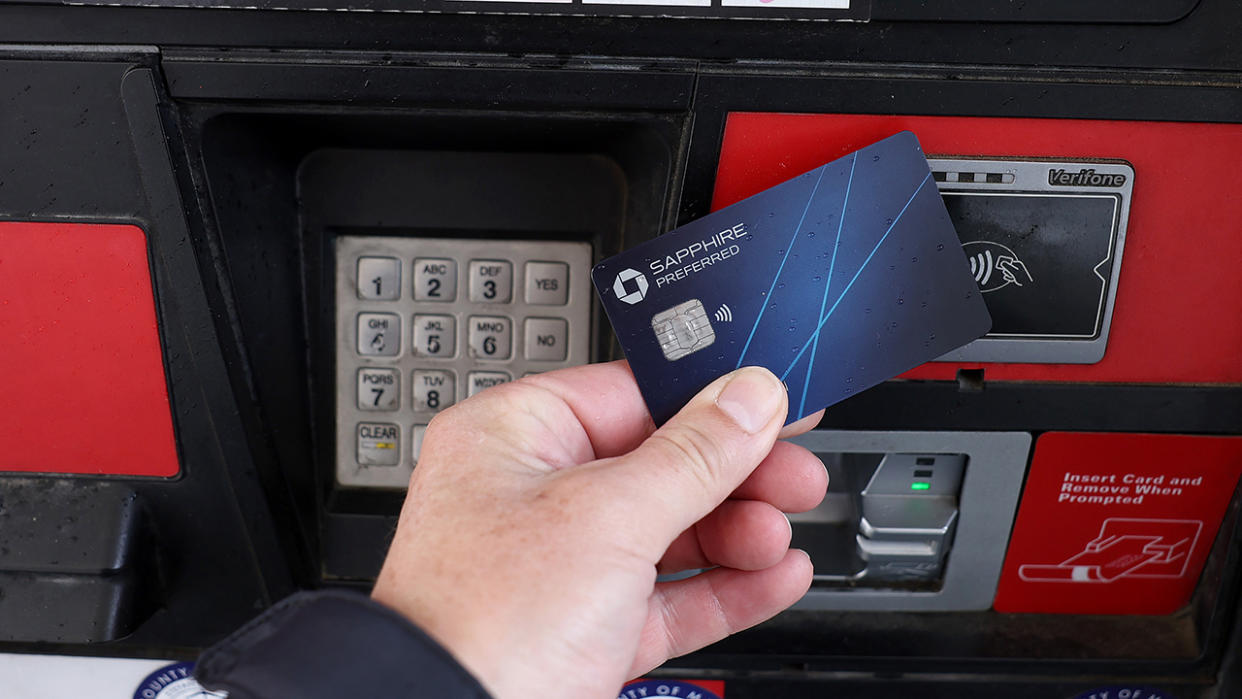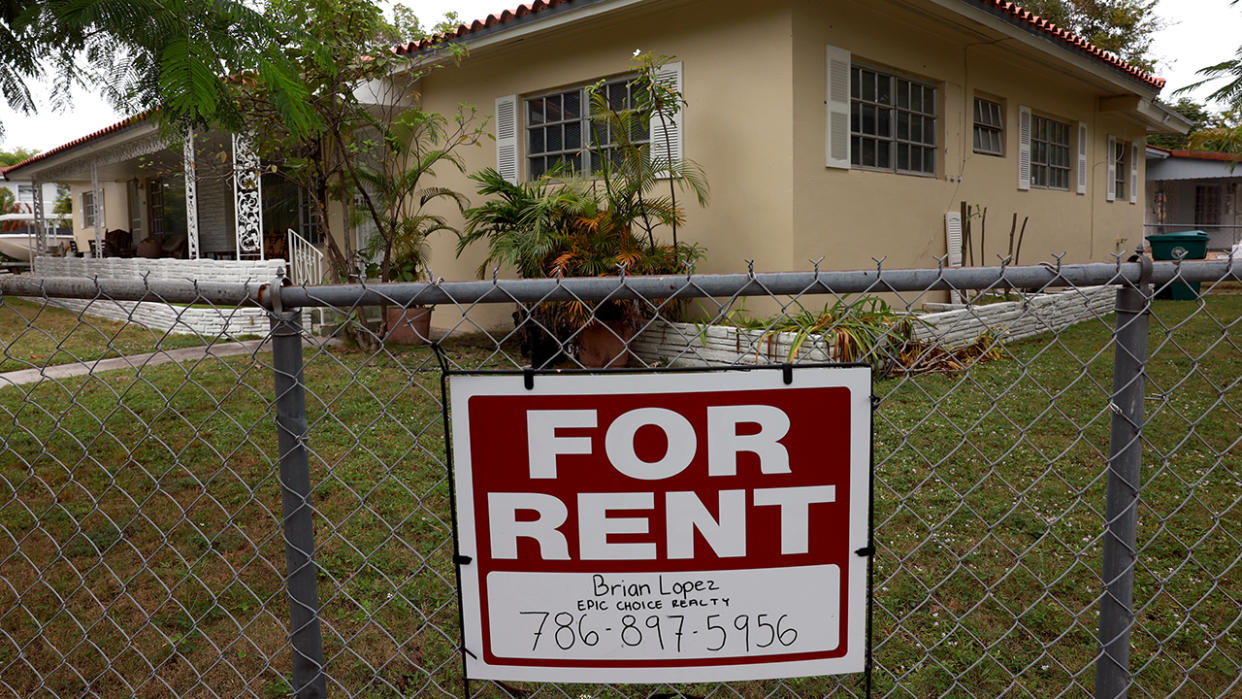Tax refunds up from 2023; most Americans plan to pay down debt or save
American taxpayers will on average see larger tax refunds compared to a year ago, and most plan to use that money to either pay down debt or save, though more plan to invest it or go shopping compared to a year ago, according to a new report from the Bank of America Institute.
Internal data from Bank of America showed that for average tax refunds received via direct deposit through March 31, 2024, taxpayers earning less than $50,000 a year saw their refunds grow by nearly 9% from a year ago. That outpaced the almost 6% growth in refunds for taxpayers in the $50,000 to $125,000 range, as well as the roughly 4% larger refunds received by those above the $125,000 threshold.
"It looks like the average refund is going to be about 5% larger this year than last," David Tinsley, senior economist at the Bank of America Institute, told FOX Business. "That means in terms of dollars you're looking at a refund of around $3,000 or so."
Data from a survey conducted by CivicScience for the Institute's report asked tax fund recipients about their plans for spending their tax refund, with most saying they plan to use it to pay down debt or save it.
YOUR TAX REFUND COULD BE BIGGER THIS YEAR – HERE'S WHY

CivicScience found that about 25% said they will pay down their debt, a decrease from just under 30% a year ago. Roughly 23% said they will save their tax refund this year after a little more than 25% said they would save their 2023 tax refund.
About 13% of tax refund recipients surveyed said they plan to invest their refund this year – up from roughly 9% last year. The percentage who plan to go shopping with their refund roughly doubled to 8% from 4% a year ago.
Other tax refund spending plans, including home improvement projects and vacations, were largely unchanged from a year ago at roughly 8% and 6%, respectively.
THE IRS HAS $1B IN UNCLAIMED FEDERAL TAX REFUNDS. TIME IS RUNNING OUT TO COLLECT IT

"By and large, about half the people say it's going to pay down debt or they'll save it. So I wouldn't, on that basis, expect it to be a big boost to consumer spending," Tinsley explained.
"But there was, in the survey, a small increase in the proportion of people who say they're going to go to the shops when they get the money. So there may be a mild tailwind to the consumer from the tax refunds."
Tinsley noted that the Bank of America Institute's research has found that child care costs are up about 30% from 2019 and insurance costs for cars and homes are up as well, so U.S. households are feeling the financial squeeze as those tax refunds arrive.

ALL ABOUT TAX REFUNDS: TIPS FOR RECEIVING YOUR REFUND FAST
"There's a whole kind of barrage of costs that are hitting the household, so I guess in that context this is quite a useful increase to have this tax refund," he added. "These are big increases, and they're not insubstantial chunks of a household budget."
Rental housing price growth has cooled off from the near double-digit increases seen in major metro areas in 2022 and early 2023 to roughly 4% now.
"Rent inflation has moderated quite a lot," Tinsley said. "As long as the labor market remains in good shape, that should be useful for renters because as long as they keep seeing reasonable wage growth, the increase in the rent payments is coming down."
"That's another useful tailwind to spending in the same sort of way that tax refunds are. Neither of them are like massive great shakes on their own, but they're useful tailwinds to the consumer overall," he added.
Original article source: Tax refunds up from 2023; most Americans plan to pay down debt or save
